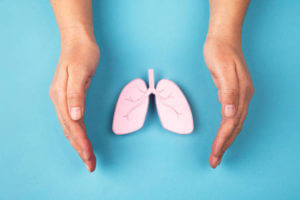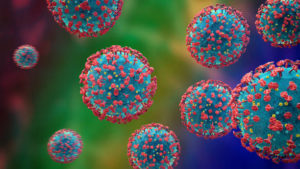Most people visit their doctors for general health purposes — like checkups. However, sometimes, a patient will have a life-threatening condition and need near-constant monitoring and treatment. That’s where critical care medicine comes in, also called intensive care. Understanding Critical Care Medicine Critical care medicine, or intensive care medicine, focuses on patients with life-threatening conditions
Read MoreBlog
How to Protect Your Heart from Stress
Life stress seems unavoidable. Whether you experience stress at home, at work, or because of self-imposed goals, excessive mental tension translates to poor health–particularly cardiovascular health. What follows are reasons why stress may affect your heart and what you can do to protect it. Why Stress Harms Your Heart While the exact disease mechanism is
Read MoreMajor Endocrinology Questions Answered
Endocrinology involves the study, diagnosis, and treatment of acute and chronic conditions related to the body’s hormones and the glands and organs which produce them. If you are being referred to our endocrinology clinic, you may be interested in the following endocrinology questions and answers related to this important medical field. 1. What Are Endocrine
Read MoreA Guide to Pulmonary Care
At a visit with a pulmonologist, you will see a doctor who has advanced education and training in lung diseases and conditions. This board-certified specialist also has training and certification in critical care and sleep medicine. In this blog, you will learn what to expect from pulmonary care. Why People Need Pulmonary Care Children and
Read MoreCommon Infectious Diseases Doctors See Most
Infectious diseases–we all have them from time to time. They are illnesses and conditions caused by bacteria, fungi, viruses, and parasites. Today’s immunologists and epidemiologists conduct research to identify and combat the causes and carriers (vectors) of the simplest to most complex infections. Let’s look at the most common infectious diseases doctors see. Infectious Disease
Read MoreSigns You Should See An Infectious Disease Specialist
When you experience symptoms of a possible infection, your first instinct is to see your primary care physician. However, if you suspect your infection is more serious than just a seasonal virus, you may need to consult an infectious disease specialist. This is especially true if you are undergoing treatment – such as chemotherapy –
Read MoreWhat Is Hematology?
Have you ever wondered why blood is so essential to human life? It’s because blood circulates throughout your body, delivering vital substances to your cells and transporting waste products away from cells. Without blood, your body’s organs can’t get the oxygen and nutrients they need to survive. As a result, you won’t be able to
Read MoreCommon Questions About Asthma and COPD
If you have trouble breathing, you may be suffering from asthma or chronic obstructive pulmonary disease (COPD). However, it may surprise you to learn that as many as 55 percent of adults diagnosed with one of these lung diseases actually qualify for both. Known as asthma-COPD overlap syndrome (ACOS), this disorder typically affects people with
Read MoreA Comprehensive Guide to Managing Diabetes
According to the Diabetes Research Institute and the Centers for Disease Control and Prevention (CDC), 37.3 million Americans – 11.3 percent of the population – have diabetes. Of those, approximately 8.5 million have the disease but have not yet been diagnosed. There are three main types of diabetes, including: Type 1, in which the body
Read More10 Types of Kidney Problems
Did you know that the kidneys not only remove waste and extra fluid from the body, but also help maintain a healthy balance of water, salts, and minerals in the blood, thereby enabling nerves, muscles, and other tissues to work normally?Not only that, but the kidneys produce certain hormones that help control blood pressure, create
Read More












